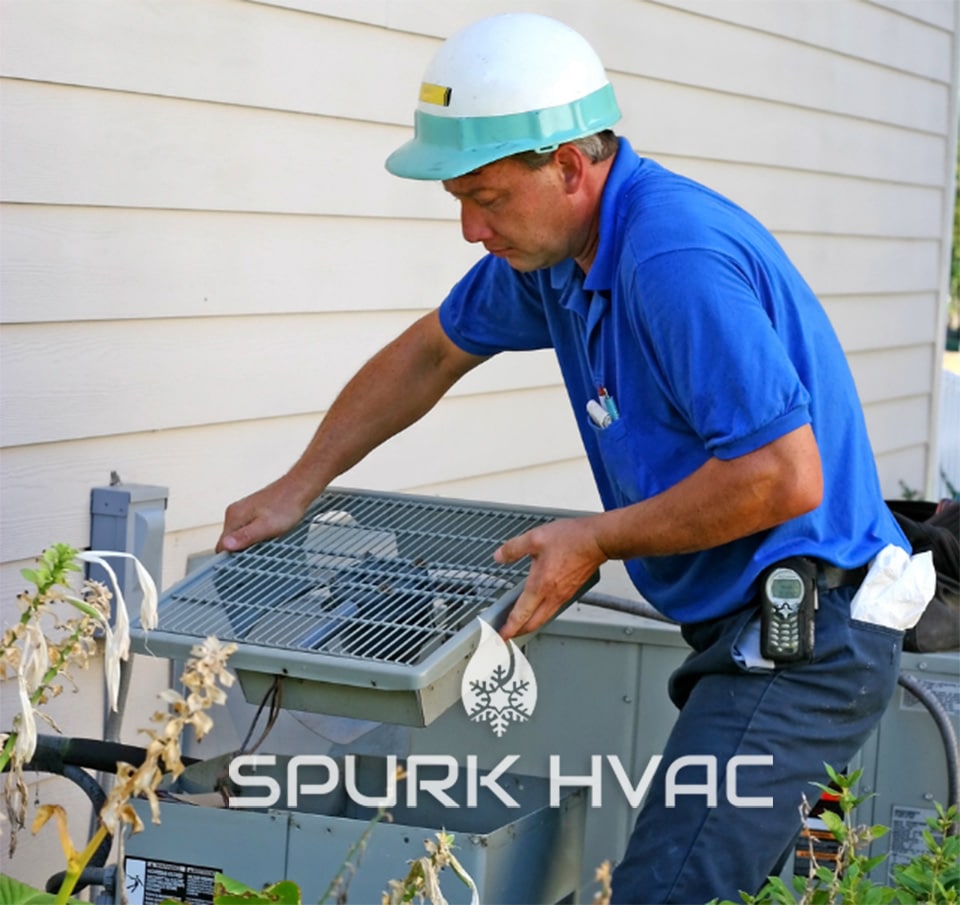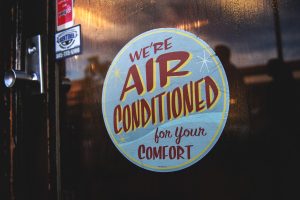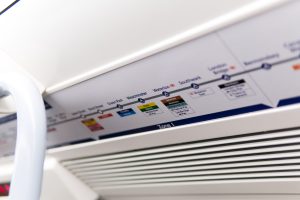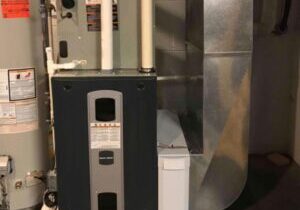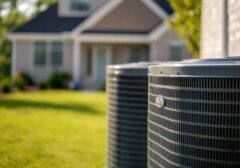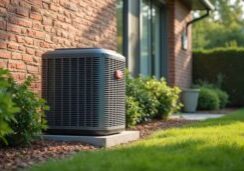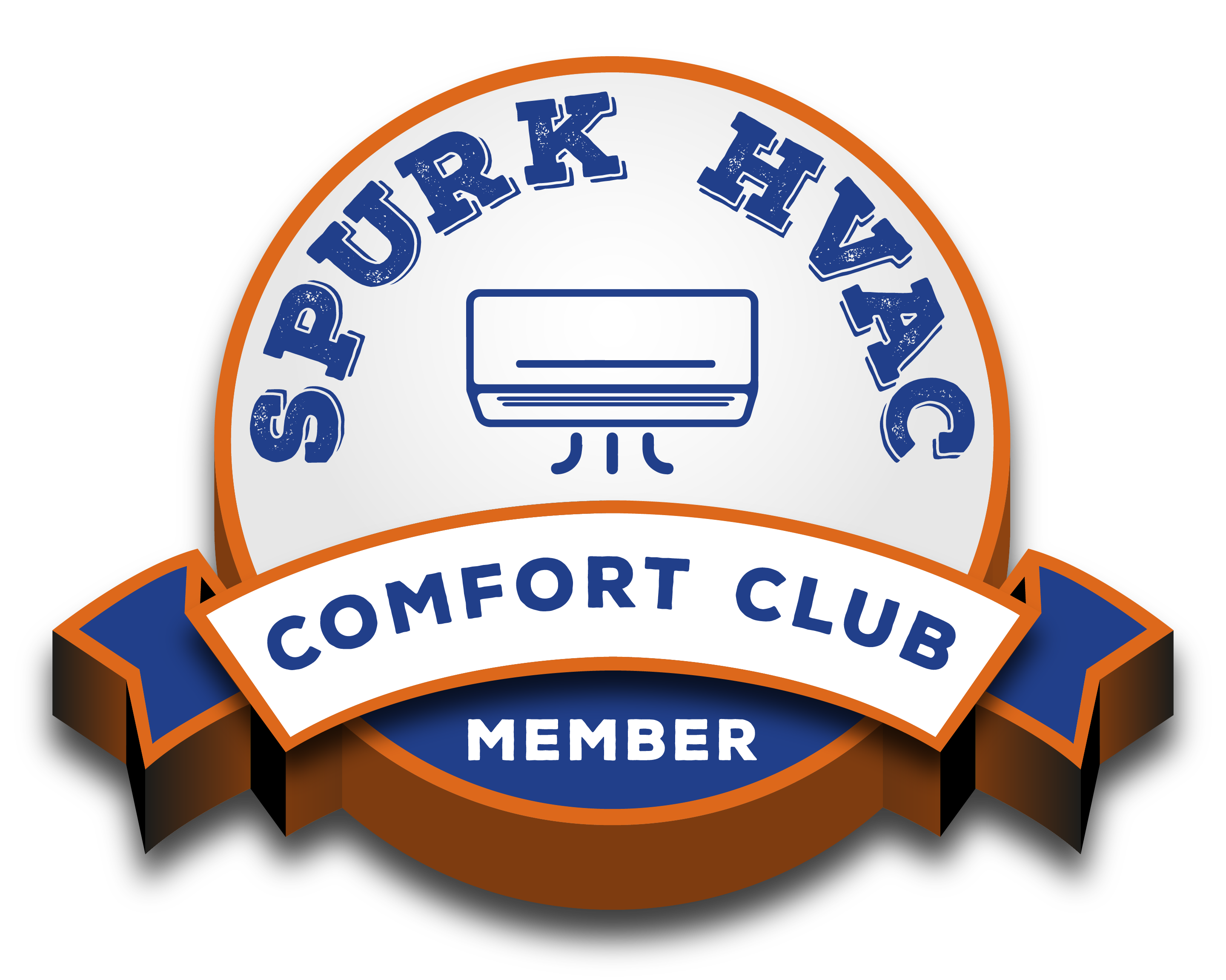Is air conditioning bad for the planet?
Have you ever gone down the rabbit hole when searching the internet or browsing Youtube? You know, when you’re looking for one piece of information and after three hours and several unrelated topics later you’re disoriented from having succumbed to an information overload; that rabbit hole.
Something similar happened to us. Where we came across this 2016 article from the New York Times on air conditioning units and their impact on the planet. Regardless of your opinion on the ‘Times’ as a paper, or your opinion of conservation (which is often a spirited conversation that dominates the news cycle), this one hits home for us.
A lot has changed since 2016 and we want to break down the article from our perspective.
Air conditioning has changed
But in the next few years, the way air-conditioners work could change. Last month, representatives from nearly 200 countries worked on a new environment agreement to regulate the use of HFCs, or hydrofluorocarbons. These chemical compounds are responsible for keeping you cool on hot summer days, in air-conditioners and refrigerators. And even though you might not have heard of them, environmentalists, government officials and scientists say an agreement to limit HFCs represents a significant step in the fight to stave off the worst effects of global warming.
“The way air-conditioners work could change” is the key phrase here. Air conditioning has changed and continues to change. Manufacturers of heating and cooling equipment, like any competitive company, are constantly trying to push the envelope and create the next best product.
In the 4 short years since the article was published, there have been massive changes to the heating and cooling industry. Arguably one of the largest one(s) is the banning of hydrofluorocarbons (HFCs)
The HFCs the article is referring to is the refrigerant known as R-22 Freon. To save you the details, R-22 has been found to be pretty nasty for the Ozone layer. The EPA and related international agencies began actively phasing out R22 Freon in 2010. It phased out 75 percent of HCFC by limiting manufacturers to how much they could produce and consume, although there were some exemptions. Reclamation, recycling, and reusing R22 is still allowed but it is not allowed to be used in any newly manufactured appliances or equipment.
In short, R-22 has been replaced with R410A and other like refrigerants. Although most of the R-22 systems are slowly aging out of existence, we do still see a fair amount of R-22 charged systems. The problem with this is the costs and availability of R-22. If you still have an R-22 unit, you might be in trouble.
If you still have an R-22 unit, check out this related article: R-22 Refrigerant and why you should care.
Is my air-conditioner harming the environment?
Maybe.
In terms of refrigerants, HFCs represent a very small portion of total greenhouse gas emissions since the phasing out of R-22 really ramped up. Air conditioners are manufactured as sealed systems. Meaning, they don’t require more refrigerant to be added. However, if you’ve ever heard that you need to recharge your air conditioning unit it means that you have a leak. If you have a leak, your unit is emitting those gases into the atmosphere. Leaks need to be isolated and repaired.
If you don’t fix the leak and just keep recharging your system you’re just:
- Costing yourself more money for consistent recharges with expensive refrigerant.
- Letting more refrigerant gases into the air.
Related: Recharging your air conditioner: what you need to know.
Refrigerant aside, if you have an older unit, chances are, it’s not as efficient as it once was. An inefficient unit will cost you more money in utility costs because…it consumes more energy. If your unit is consuming more energy it means that energy creators are working, even by the smallest amount, to provide that energy for your system. As of 2009, nearly 90 percent of American homes have air-conditioners, which account for about 6 percent of all the country’s residential energy use. So on and so forth.
How can I help the environment?
Luckily, it’s not all doom and gloom. The amount of pollution emitted by your air conditioning unit pales in comparison to other sources.
Heating and cooling technology (like any technology) is constantly evolving and improving. Air conditioning units in 2021 with low-efficiency ratings are significantly more energy-efficient than units only about 5-10 years old. If you have an older unit that’s reaching the end of its lifespan. It may be a good idea to think about replacing it with an updated model. Not only will it save you on your monthly utility bills, but current units are also manufactured to the latest standards required by the EPA.
No matter your stance on the issue, it’s always a good idea to save time and money when it comes to your heating and cooling needs. With Spurk HVAC, we can help you do just that.
Book your service or free replacement consultation today!
ABOUT SPURK HVAC
Spurk HVAC was formed in 2018 and is located in Warrendale, Pennsylvania. We proudly serve Cranberry Twp., Wexford, Gibsonia, Mars, and the surrounding Greater Pittsburgh area.
We service all makes and models. If you are seeking a heating repair, heating system replacement, air conditioner repair, air conditioning maintenance, air conditioning replacement, or any other heating & cooling services. Whether you are looking for residential or commercial HVAC services, we look forward to any and all opportunities to become your preferred HVAC contractor.



